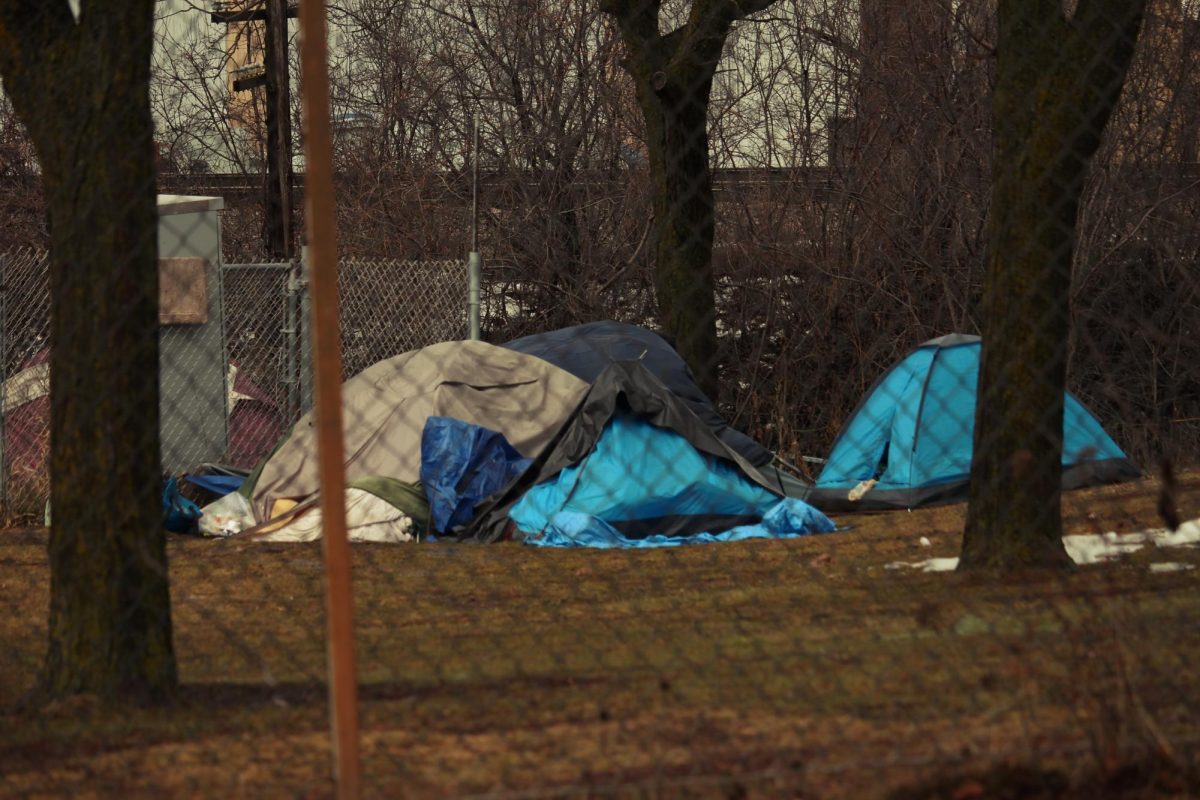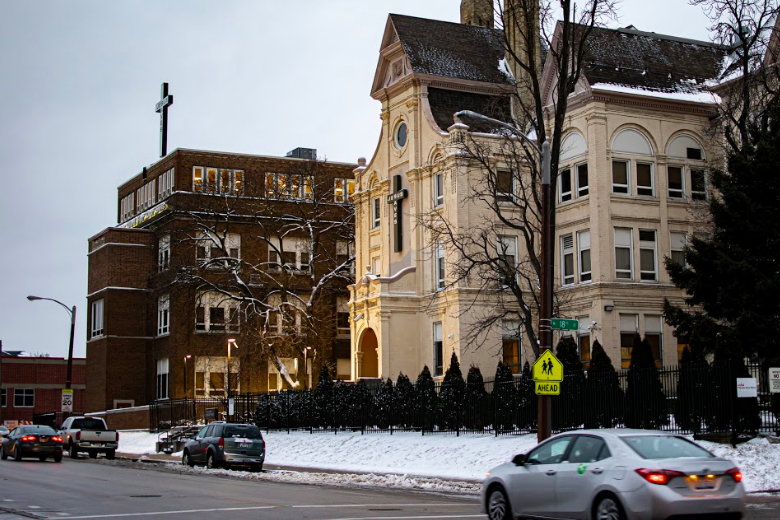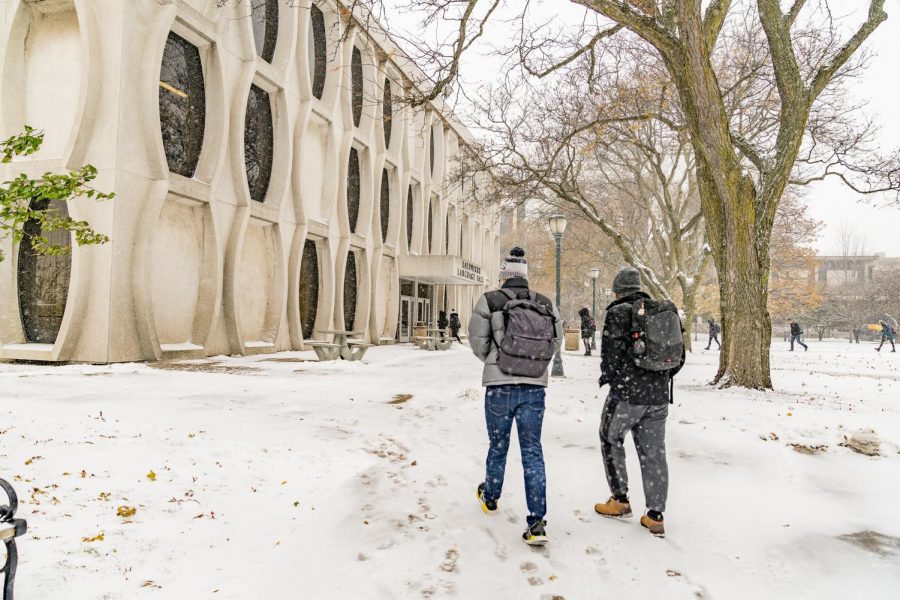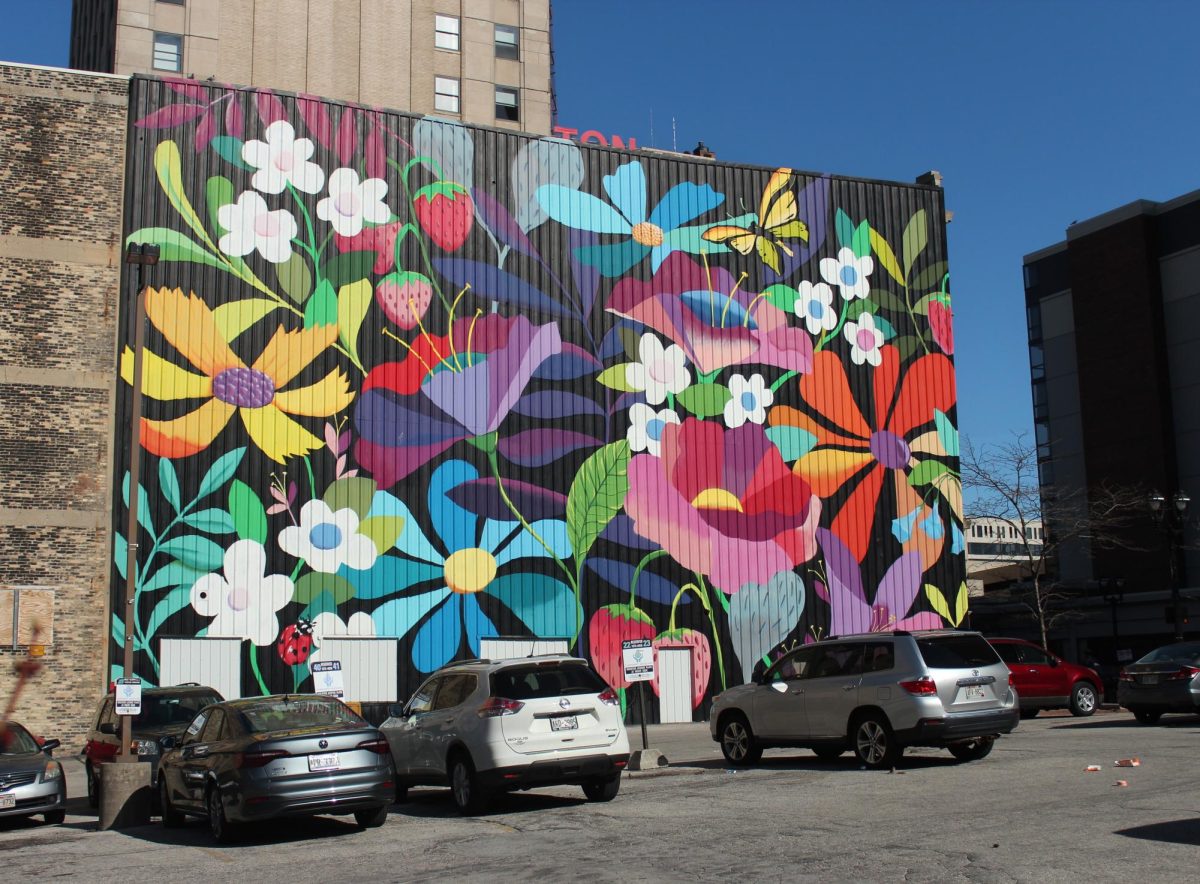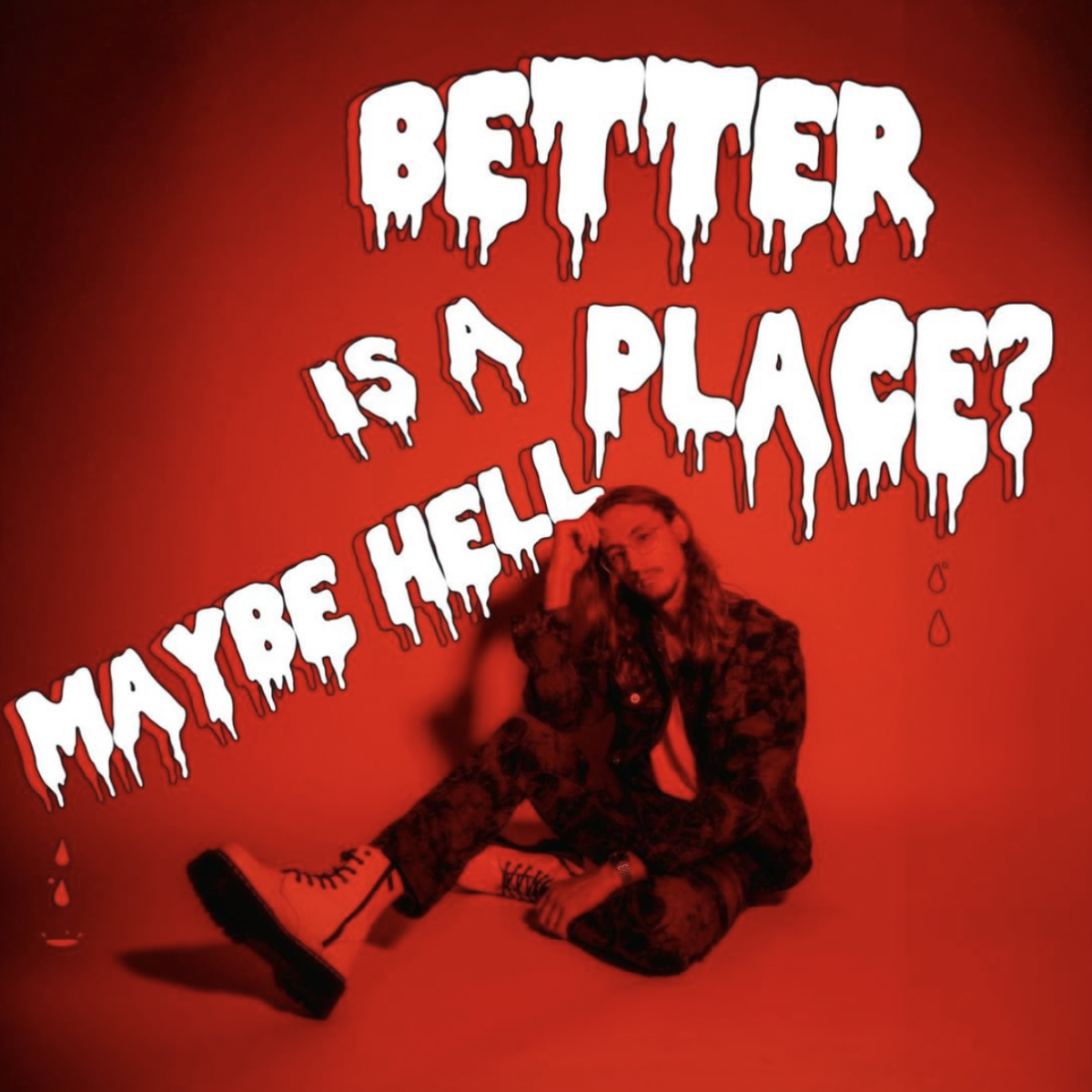Every night, approximately 1,000 people sleep on the streets of Milwaukee without proper shelter or protection, according to the Milwaukee Rescue Mission. They face harsh winters, hot summers and now, a pandemic. Often staying in crowded locations and without resources for sanitation and protection, the homeless are at a great risk during the COVID-19 crisis.
The Centers for Disease Control and Prevention has listed resources on its website for the homeless population, but the struggle remains. These resources include guidelines for reopening shelters and testing, frequently asked questions and training for shelter workers.
The CDC guide states that while sleeping outdoors allows for increased social distancing, there is little protection from the environment.
“Some people who are experiencing unsheltered homelessness may be at increased risk of severe illness from COVID-19 due to older age or certain underlying medical conditions, such as chronic lung disease or serious heart conditions,” the guide says.
The CDC encourages social distancing but notes that this may be especially difficult when people are gathering to access different supplies, such as food, water and hygiene products.
“Lack of housing contributes to poor physical and mental health outcomes, and linkages to permanent housing for people experiencing homelessness should continue to be a priority,” the guide says. “The balance of risks should be considered for each individual experiencing unsheltered homelessness.”
Milwaukee Rescue Mission is a shelter with programs for men, women, children and families. Its mission revolves around caring for those poor in mind, body and spirit by sharing God’s love, according to its website.
“On any given day, homelessness here in Milwaukee is heartbreaking, tragic and overwhelming. But now it is even more so given the threats presented by the Coronavirus pandemic,” Patrick H. Vanderburgh, President of the Milwaukee Rescue Mission, says in a blog post.
Vanderburgh says that many of the struggling people who come to the Milwaukee Rescue mission have diverse backgrounds, ending up the streets because of poverty, hunger, abuse, trauma and more.
“Under the threat of this virus, those who are homeless or struggling are even more vulnerable. As public places and meal sites have had to close or reduce their services, these precious souls have less access to the vital food, resources and care they need to remain healthy and safe,” Vanderburgh says in the post.
“There is already some evidence that various types of inequality are increasing from the pandemic, and this would be in line with the effects of past pandemics,” Roberta Coles, a professor of Social and Cultural Sciences at Marquette, says in an email.
She references a study that shows how “COVID-19 will raise the inequality if past pandemics are a guide.”
Coles says that COVID-19 has taken advantage of existing inequalities that have been around for over 50 years.
“COVID has directly affected certain populations, e.g. African Americans, Latinos (x), and indigenous peoples, with higher rates of poverty, higher placement in essential jobs, less access to health care, and higher likelihood of living in multigenerational households,” she says. “They have experienced higher case and death rates of COVID. That means they will also face higher medical bills. Combine that with lessening ability to pay rent and mortgages, and the growing possibility of eviction, we could likely see an increase in homelessness.”
Additionally, Coles says that, anecdotally, she has noticed more people begging for food or money on the streets, which is in line with what research shows would happen.
The Guest House, Milwaukee’s largest publicly funded homeless shelter that proves shelter and programs for homeless men, including veterans and recovering individuals, has also been working to help the homeless during the pandemic.
This homeless shelter is program-based, differing from the common perception of homeless shelter with lines out the front door, Amy Rowell, director of development, says.
Both places have suspended in-person volunteer opportunities and are in great need of donations.
Rowell says that some public places and meal sites may have closed, but the needs of Milwaukee’s homeless have not budged as they face continued and increased hardships during this pandemic.
The Guest House needs nonperishable foods, hygiene and safety supplies, essential clothing items and activity supplies, such as adult coloring books and puzzles.
“We have been slowly resuming some of those engagements but haven’t yet resumed within-building volunteering,” Rowell says. “Our number one priority is resuming our internship placement.”
Rowell says they get volunteers from local colleges, such as Waukesha County Technical College, and hope to resume their internships as quickly as possible, especially with the impending start of the fall semester.
“We have definitely seen an increase in inquiries and awareness of community knowing we need more and different things,” she says. “The community sees basics needs are a priority and people are responding.”
She says donations have been very well received. The Guest House has an Amazon Wishlist that some community members have been consulting, and has also been putting out calls for donations through social media.
According to the National Alliance to End Homelessness, “$11.5 billion is necessary for 400,000 new shelter beds needed to accommodate everyone who is unsheltered and to ensure appropriate social distancing, and the creation of quarantine locations for the sick and exposed.”
The Homeless Research Institute also says that 23% of the homeless population is over the age of 50 and thus at greater risk for catching the virus.
“Though we don’t have good numbers on the homeless, we already know that homeless populations are being affected in various major cities,” Coles says. “Back in May, a CDC report found that about 1/4 of homeless in some shelters in Boston, Seattle, San Franciso, Atlanta, had already contracted COVID. The homeless (and the staff) in shelters may be at more risk than those who live on the street and outdoors, though this will change when cold weather sets in.”
In March, the Guest House immediately transitioned half of its approximately 100 staff to remote work, and those whose work required them to be on-site had staggered shifts to maximize distancing, Rowell says.
They also broke the meal service into two shifts and have transitioned one of their dorms into an isolation area in case clients test positive.
“To our knowledge, we haven’t had any spread within the shelter,” Rowell says. “We did have a few individuals with symptoms but no positive cases.”
The Guest House’s total building capacity is 86 adult men. However, as clients have left their programs, Rowell says they have been cautious in refilling spots, without turning clients away, to maintain better social distancing. They also shifted beds in the dorms to alternate direction, maximizing distance between clients’ heads when they sleep.
“We were so diligent and so forward-thinking early on, even requiring mask-wearing within the building before the mandate,” she says. “What has always been important to us is not only being client-centered but also person-centered – employees and volunteers as well. We knew if we were going to offer PPE, it would be to staff and clients equally.”
Rowell, a Marquette graduate, says she appreciates that Marquette is mission-driven and looks at the big picture. She says that it is important to know that homelessness is not a result of blame or shame and doesn’t mean someone is lazy and taking advantage of the system.
She urges people to have more compassion and think more broadly and says there might be a shift in the face of homelessness because of the pandemic’s economic impacts.
“Things are going to get worse and will require more innovative approaches,” Rowell says. “At Guest House, we are ramping up our prevention and outreach programs to meet people in the community with a goal of avoiding shelter stays … if all goes according to plan, we will be able to keep people housed or transition them to alternate housing – all while avoiding actual homelessness or shelter stays.”
This story was written by Shir Bloch. She can be reached at [email protected].




